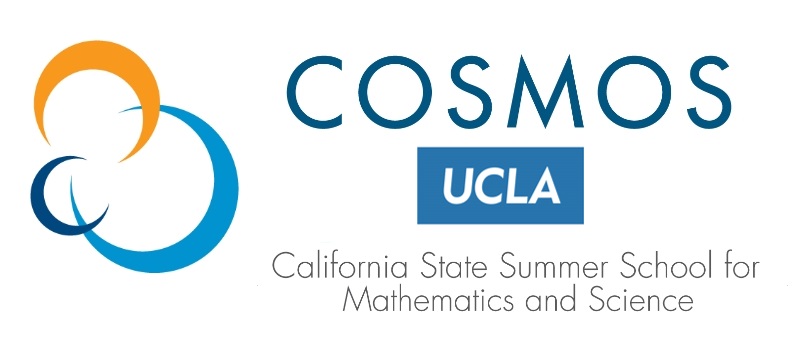Cluster Title: From Mini Robot Cars to Rockets: Introduction to Mechanical and Aerospace Engineering through Mechatronics
In this cluster, we will introduce the students to mechanical and aerospace engineering by using mechatronics as integral learning tools. Mechatronics, which is a combination of mechanics and electronics, is everywhere, from toasters to sophisticated robots. Fueled in part by continual advances in computing software and hardware, mechatronic devices make our lives more convenient, safer, and more efficient. Mechatronic devices are also essential in performing modern engineering experiments necessary to develop, test, and validate engineering models and designs.
Sensing and Actuation: The two foundational operations of every mechatronic device are sensing and actuation. This first part of the cluster will focus on the basics of electronics and coding, with a particular emphasis on interfacing micro-controllers with various sensors and actuators. The course is accessible to students who have only limited prior programming experience and involves a series of hands-on mini projects. We start by teaching the basics of electrical circuits, sensors/actuators, and micro-controllers, and then moves to programming to build various systems (e.g., LED blinkers to mini robot cars) where the students work with their teammates to refine, extend, and apply the acquired skills. Along the way, the students will also learn to design engineering experiments, acquire physical data using micro-controllers and sensors, and interpret the data using fundamental engineering principles and statistical analysis methods.
Rockets: In the second part of the cluster, the students will learn the fundamentals of rockets through lectures and hands-on experiments. We will first discuss the fundamentals of rockets, kinematics, and fluid mechanics. The students will next use micro-controllers to determine the local gravitational acceleration constant and to measure the thrust profile of model rocket engines (with smokes and sparks!). And finally, we will build compressed-air rocket launchers, use them to determine the apogees of paper rockets under different conditions, and compare the experimental results with theoretical predictions.
Pre-requisite:
- Physics or equivalent 9th or 10th grade-level integrated science course.
- Geometry and Algebra 2. Pre-Calculus recommended.
- Some basic (even if limited) experience in coding with any text-based programming language (C/C++, Python, JS, Java, Swift, Julia, …).
Computer requirements:
Students are expected to bring a laptop (Windows or Mac) with at least 4 GB memory and 10 GB of free disk space. If you have a relatively new laptop with only USB-C ports, you will also need a USB-A to USB-C adapter (dongle) to connect to an Arduino board.
